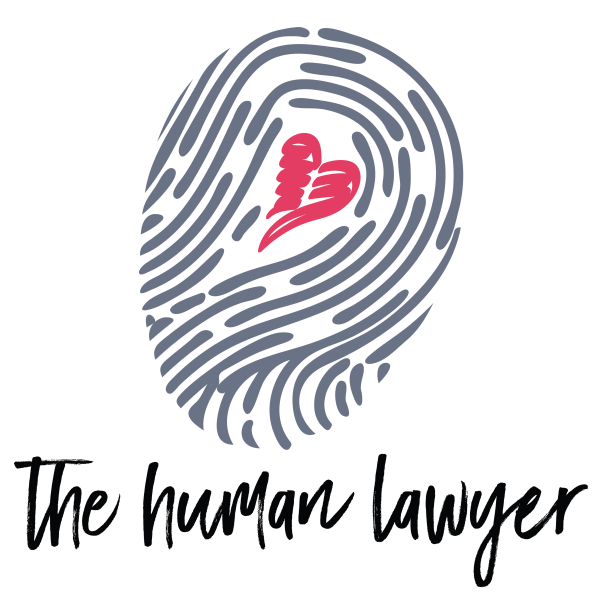No parent wants to think that their child is being abused, yet many parents find themselves in this difficult position. Like many things in the legal system, there is no perfect answer; however, here are some considerations to keep in mind while determining the most appropriate approach to resolving a possible child abuse situation especially during an ongoing child custody dispute.
First, the child’s safety and best interests are the primary concern for all entities involved. This includes the Family Court System and the Department of Social Services. Defining and assessing child abuse can be, and often are, very different from a person vs. agency vs. judicial perspective. All entities and individuals involved though should treat allegations of child abuse seriously. It is routinely advocated that regardless of the perspective, when there is a suspicion of child abuse those suspicions should be reported and investigated as soon as possible.
North Carolina is one of 18 states that have deemed everyone a “mandated reporter” by statute and instruct those who suspect child abuse to report it to the respective county’s Department of Social Services (i.e. healthcare provider, mental health provide and/or law enforcement).
Second, Family Court Judges are charged with making determinations regarding child abuse allegations in custody disputes. The guiding principle in a custody matter is the “best interest of the child.” The actual presence of or threat of harm to the children directly impacts such a determination. Remember: if a Family Court Judge has a reasonable belief that child abuse is occurring (even if the abuse allegation is not proven in a criminal courtroom beyond a reasonable doubt), the Judge will take said concern into consideration when determining a custody schedule.
Third, there is an inherent conflict between the mandated reporting statute of North Carolina and the practical implications of a parent involved in a family court case. The Department of Social Services often views reports made by a parent when abuse is suspected as a possible indicator of the protective capacity of that parent. If the investigating caseworker finds that a parent was aware of the suspected abuse and did not notify the authorities, the caseworker may have concerns for that parent’s ability to protect the child. The Family Court system, however, will often prefer reports of suspected abuse come from a professional such as a therapist, doctor, or law enforcement. Unfortunately, the Family Court system has seen many baseless reports of child abuse as a means to gain an upper hand within an ongoing custody dispute. As such, a Family Court Judge will likely put more weight in a child abuse allegation coming from a third party. Although the reporting entity is “confidential,” the Department of Social Service investigating caseworkers as well as Judges are privy to the confidential information.
While it is important to address these concerns quickly, it should never be done in a knee-jerk fashion before giving your emotions time to subside and the appropriate individuals can be consulted. At the same time, a child abuse report should not be unreasonably delayed.
The best advice I can provide as a family law attorney with experience in the social service field is to:
1. Stay calm and keep your child’s safety at the forefront of everything you do from the moment abuse is suspected.
2. If the basis of your concern are behaviors you are seeing, document the specific behaviors in a factual way (i.e. without any emotional commentary). If they are due to something told to you by the child or someone else, document who told you, what was said, and the circumstances around the conversation. Keep track of the dates/times as well. For example: You may observe odd behavior from the child when encouraging the child to go to the other parent during an exchange.
3. Thank your child for sharing with you and DO NOT question the child further about any potential abuse. It is important to maintain composure and not become visibly emotional while in your child’s presence.
4. If there is no concern of potential retaliatory behavior towards your child, inform the other parent and include them in developing a plan to address the concerns.
5. Inform a qualified therapist of what was told to you by the child, or the reasons you are having concerns about your child’s safety. It is likely the therapist will need to conduct individual sessions with the child in order to provide a recommendation to you.
6. Communicate the steps taken and any recommendations of the qualified professional with your attorney.
7. After reviewing the steps already taken, and the recommendations of the involved professional, review the implications a report of suspected child abuse may have on any current child custody action with your attorney.
8. Continue to maintain normal routines with your child to the best of your ability. In the event routines must change while the investigation is conducted, make sure to remind your child that they are not in trouble and any changes are to make sure they are safe.
9. Should you believe that your child or other children are at the risk of imminent harm, do not hesitate to contact law enforcement for immediate assistance and request involvement from your local Child Advocacy Center. For example: Pat’s Place in Mecklenburg County is a Child Advocacy Center that will help coordinate the investigation, treatment and possible prosecution of the most serious child abuse cases in our community.
10. In the event the Department of Social Services becomes involved and conducts an investigation of the child abuse suspicions, make sure to get a copy of the Safety Assessment and provide it to your attorney.
11. Continue to update your attorney with any developments in the investigation, and provide them with any paperwork Department of Social Services provides you until the conclusion of the investigation.
12. As with anything else when involved in the Family Court system, maintain documentation of all steps taken and make sure your attorney has a copy of such documentation.
Take your time to consult with the necessary professionals and limit the impact to your child’s day-to-day routine to what is absolutely necessary to ensure their safety. Navigating a possible Department of Social Services investigation when engaged with the Family Court system is not simple or straight-forward. Keeping your emotions in check will be difficult as any parent will want to protect their child. But do not forget, you are doing everything possible to protect your child.
If you believe that your child is being abused, our Modern Legal team is here to help.
Please note: these educational materials are based on North Carolina law where my legal practice is based. While the insights may have wide applicability, readers should consult with an attorney regarding the specific laws in their state or country.
Written by: Tiffany A. Byrd























